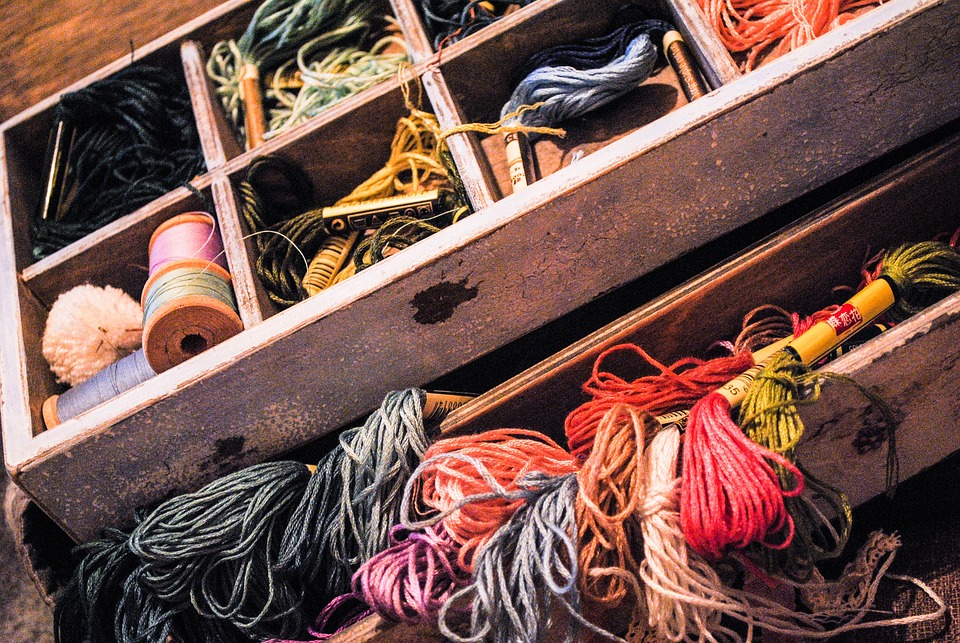Viscose thread has been gaining popularity in the fashion industry as a sustainable alternative to other types of threads. Made from natural cellulose fibers, viscose thread offers a myriad of benefits that make it a boon for sustainable fashion.
One of the most significant advantages of viscose thread is its environmental friendliness. Unlike synthetic threads made from petroleum-based materials, viscose is derived from renewable resources such as wood pulp and bamboo. The production process involves dissolving these cellulose fibers in a solution that is then extruded into fine threads. This process is considered less harmful to the environment compared to the production of synthetic threads.
In addition to being eco-friendly, viscose thread also offers numerous advantages in terms of clothing production. It has a soft and silky texture, similar to natural silk, making it highly desirable for luxury garments such as evening gowns and lingerie. Viscose thread also has excellent drape and breathability, allowing it to be used in a wide range of clothing items, including dresses, shirts, and trousers.
Another notable characteristic of viscose thread is its high color absorption capacity. This means that it can easily be dyed with various colors, resulting in vibrant and long-lasting shades. This makes it a great choice for designers who want to experiment with different hues and patterns in their designs without compromising on sustainability.
Furthermore, viscose thread is biodegradable, which means that it can naturally decompose when discarded. This is in stark contrast to synthetic threads that can take hundreds of years to break down in landfill sites. By using viscose thread in their clothing, fashion brands can minimize their environmental footprint and contribute to a more sustainable industry.
Moreover, viscose thread can also be blended with other fibers, such as organic cotton or recycled polyester, to create hybrid fabrics that combine the best qualities of each material. This allows for enhanced durability, resistance to shrinkage, and a reduced tendency to wrinkle. By utilizing these blends, designers can create garments that are not only sustainable but also long-lasting and easy to care for.
Despite its numerous advantages, it is important to note that the production of viscose thread is not without challenges. The excessive use of chemicals, such as carbon disulfide, in the manufacturing process has raised concerns regarding its impact on workers’ health and the environment. However, with advancements in sustainable production techniques, these issues can be mitigated.
In conclusion, viscose thread is undoubtedly a boon for sustainable fashion. Its eco-friendly production process, soft texture, breathability, vibrant color options, and biodegradability make it an attractive choice for designers looking to create sustainable and stylish garments. It offers a perfect blend of luxury, functionality, and environmental consciousness, allowing fashion lovers to embrace sustainability without compromising on style or quality. As the demand for sustainable fashion increases, the use of viscose thread is expected to play a pivotal role in transforming the industry towards a greener and more responsible future.

